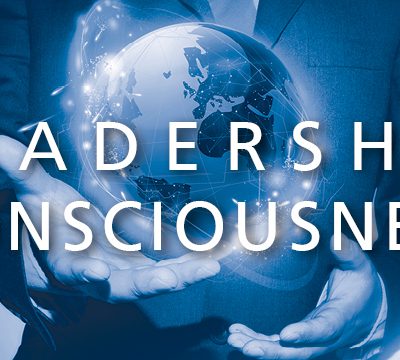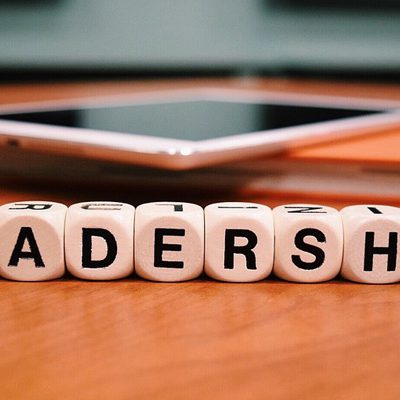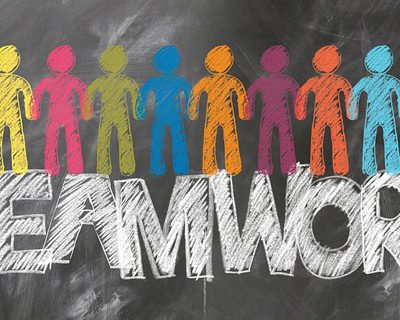Leadership and Well-Being at Work – Paris June 8-10, 2012
The well-being of any system has to do with its general state of health and readiness to both respond to and care for its environment so that it is able to continue to grow and evolve through time. Well-being and sustainability are intimately related to personal and organizational longevity and are founded on the ability to respond appropriately to both dangers and opportunities that arise, in many cases unexpectedly or spontaneously, as a person, group or organization moves into the future.
A key success factor for creating well-being within an organization and the individuals who make it up is effective leadership. Leaders are those that take responsibility for the well-being of the whole system. Leaders of healthy and high performing teams and organizations are not ‘bosses’ or ‘commanders’; rather they are people who are committed to “creating a world to which people want to belong.” This commitment demands a special set of skills and abilities for managing relationships and interacting and communicating with people to move towards a vision of a rewarding future. This requires a high degree of emotional intelligence in addition to technical skill and intellectual competence.
Both physical and mental well-being involve developing a certain degree of flexibility. These are achieved through consistent exercise and practices rather than through techniques or one-time interventions. Thus, well-being relates more to the ongoing behavior patterns or “life style” of the individual or organization than to particular events or interventions.
In general, well-being is a result of personal congruence, respecting the value of the body, and promoting the connection between mind and body. From this perspective, well-being is a function of how a system fits within the larger systems of which it is a member—for example, how a person fits into his or her family, dreams, community, etc. Energy-management, resilience and flexibility are key for the well-being, sustainability, flow and effortless excellence of living systems in times of change, transition and evolution.
Key to leadership and well-being is the characteristic of authenticity. The dictionary defines “authenticity” as: an emotionally appropriate, significant, purposive, and responsible mode of human life. As the definition implies, authenticity and well-being come from the capacity to be present, centered in ourselves, aligned with our core values and vision, and connected with those around us. The quality of authenticity is frequently the “difference that makes the difference” in our ability to exert influence, collaborate generatively and contribute to the growth and transformation of others.
Central to this seminar is the view that relationship is a “field” or “third entity” generated between those involved, similar to the way that hydrogen and oxygen can combine to produce the third entity of water. The relationship becomes a container that holds the thoughts, emotions and experiences of those involved. Well-being emerges when that container is created from authenticity and emotional intelligence grounded in effective practices.
According to NLP, leadership, authenticity and ultimately well-being are a function of specific skills that can be learned. Applying the process of Success Factor Modeling, Robert Dilts has identified some of the key ways in which exceptional leaders intentionally strengthen their capacity to promote more satisfaction and well-being in their own daily activities an the lives of their coworkers. Some of these skills include:
 Objectives
Objectives
Learning the key success factor for creating well-being within an organization and the individuals
 Public
Public
Coachs, trainers, consultants, HR, managers working in the field of well being at wort
Pré-requisite : none
Duration : 3 days
 Program
Program
Key to leadership and well-being is the characteristic of authenticity. The dictionary defines “authenticity” as: an emotionally appropriate, significant, purposive, and responsible mode of human life. As the definition implies, authenticity and well-being come from the capacity to be present, centered in ourselves, aligned with our core values and vision, and connected with those around us. The quality of authenticity is frequently the “difference that makes the difference” in our ability to exert influence, collaborate generatively and contribute to the growth and transformation of others.
Central to this seminar is the view that relationship is a “field” or “third entity” generated between those involved, similar to the way that hydrogen and oxygen can combine to produce the third entity of water. The relationship becomes a container that holds the thoughts, emotions and experiences of those involved. Well-being emerges when that container is created from authenticity and emotional intelligence grounded in effective practices.
According to NLP, leadership, authenticity and ultimately well-being are a function of specific skills that can be learned. Applying the process of Success Factor Modeling, Robert Dilts has identified some of the key ways in which exceptional leaders intentionally strengthen their capacity to promote more satisfaction and well-being in their own daily activities an the lives of their coworkers. Some of these skills include:
o Connecting to your center and “source” of your identity
o ”Walking your talk” by aligning what you care about to what you do
o Getting a clear picture of goals and their connection to a bigger vision and purpose
o Linking future goals to concrete examples of past successes
o “Crossing the bridge” into the model of the world of those with whom you are interacting
o Managing people’s energy and internal states, and bringing positive energy into what you do
o Creating a sense of alignment and connection to shared vision, mission and core values
o Fostering a feeling of contribution to something important that will in some way “change the world”
Trainer

Robert Dilts has been a developer, author, trainer and consultant in the field of Neuro-linguistic programming (NLP) since its creation in 1975 by John Grinder and Richard Bandler. Dilts has made many personal contributions to the field of NLP including the authorship of the Encyclopedia of Systemic NLP. He is best known for his work on beliefs and strategies. Dilts is the author of numerous books including Sleight of Mouth on a set of language patterns for shifting beliefs, Changing Belief Systems with NLP, Beliefs: Pathways to Health and Well-Being with Tim Hallbom and Suzi Smith and many others. He is also the primary author of NLP, Volume 1 with Richard Bandler, John Grinder and Judith Delozier.
 Organisation
Organisation
Pré-requisite : none
Duration : 3 days
Dates : Jun 2012 – Friday 08 to Sunday
Price: Individuals : 630 Euros and Companies : 850 Euros
Venue: Paris






